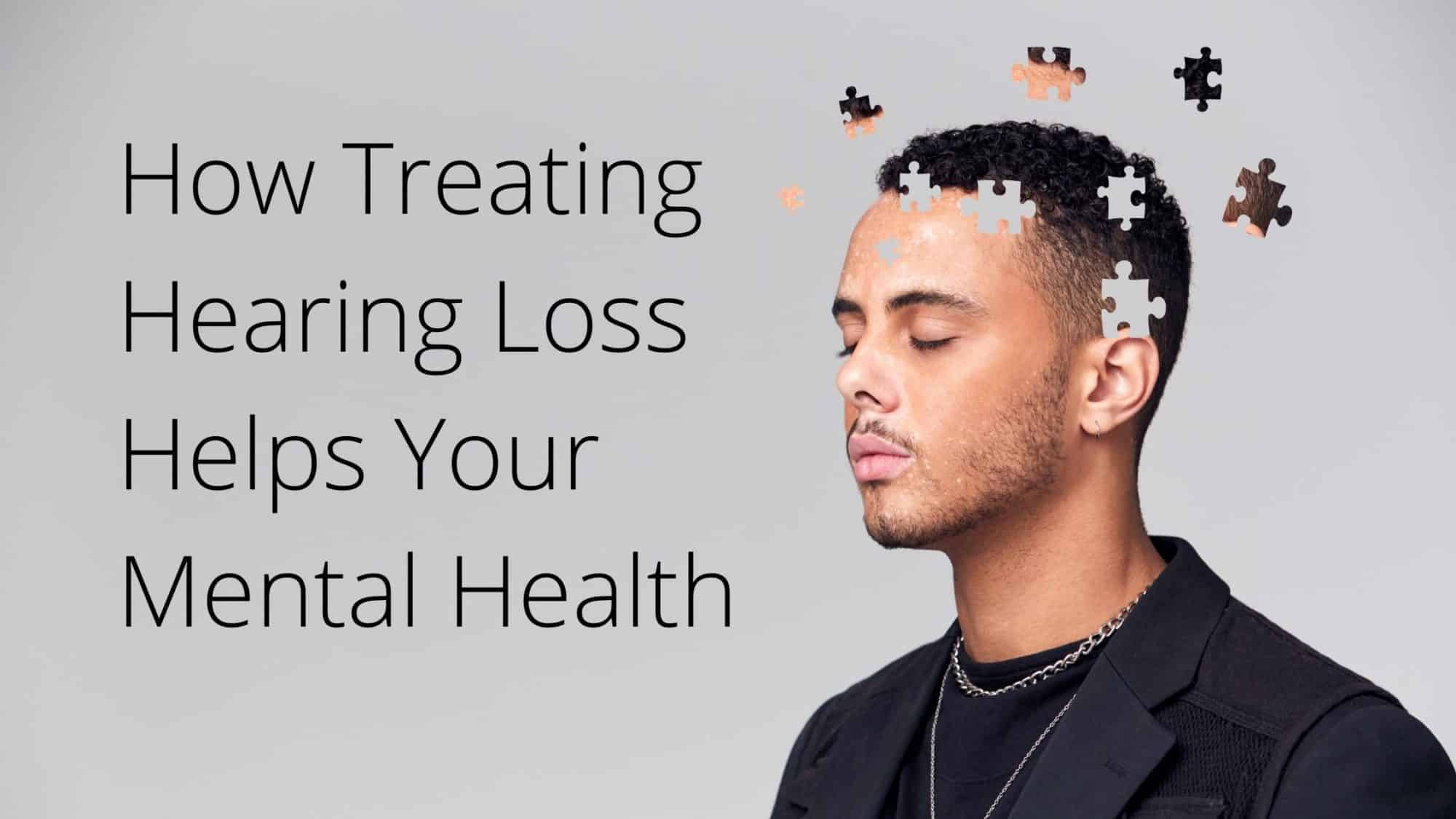- The Future of Hearing Health Research: Promising Breakthroughs - April 18, 2024
- Hearing Health in the Classroom: Strategies for Teachers and Students - April 6, 2024
- The Power of Bluetooth: A New Chapter in Hearing Aids - March 26, 2024
Mental health challenges have been on the rise in the last year. The COVID-19 pandemic led to higher reports of many mental and relational health issues, including but not limited to anxiety, stress, and depression. Why did these mental health concerns escalate in this way? On the one hand, pandemic conditions had a direct effect on mental health. With the grief of losing loved ones and the generalized sense of loss from other community members, the emotional response was palpable for everyone.
The fear of contracting the virus added to a sense of anxiety and distress for one’s own wellbeing and that of friends and loved ones. In addition to these direct effects on mental health, social isolation contributed, as well. We are social beings, and too much time spent in isolation can seriously compromise our mental wellbeing. Those who were fortunate enough to work from home were undoubtedly grateful not to be exposed to contagious environments, but they also suffered from social isolation.
If we have learned anything from the last year, it is the seriousness of social isolation for mental health, but many people with untreated hearing loss are all too familiar with this experience. Let’s take a moment to consider the relationship between hearing loss, social isolation, and mental health, as well as the benefits of treatment for hearing and mental wellbeing.
Hearing Loss and Social Isolation
For those who do not have hearing loss, the connection with social isolation might not be obvious. Although it is not the case for all people with untreated hearing loss, many feel the inclination to shy away from social settings in which they are expected to hear and quickly respond. Particularly when it comes to strangers and those who do not know about the hearing loss diagnosis, the expectation to participate fully in conversations can be overwhelming. Rather than disclose hearing loss or ask for accommodations, some people would prefer to avoid these situations altogether. Though it seems like a direct strategy to avoid discomfort, avoiding social settings can easily lead to more serious problems. Social isolation has a direct, chemical effect on mental health and should be treated seriously.
Social Isolation and Mental Health
Feelings of loneliness are profound among those with depression, and social isolation can promote these feelings. Disconnected from the people who love and care the most, mental health can seriously suffer for those who find themselves apart for too long. Research has demonstrated that it is not only these deep relationships that cause mental issues. When we are isolated, we also miss out on the causal, everyday interactions with strangers that make us feel connected to the broader community. Those who have untreated hearing loss can easily fall into these patterns through the tendency toward social isolation.
Hearing Loss Treatment
The good news is that treatment exists for hearing loss! When those with hearing loss receive the assistance they need, social connections can reform once again. Particularly now when COVID-19 restrictions are gradually lifting, the opportunities to reconnect with our loved ones and communities are greater than ever. Research demonstrates that the connection between hearing loss and mental health issues disappears for those who get assistance in the form of hearing aids.
If you are concerned about the possibility of hearing loss, the first step toward getting treatment is to schedule a hearing test. When you visit us for an appointment, we will have a consultation about your needs and lifestyle, particularly noting the situations in which hearing is most difficult.
The test itself is simple, brief, and completely painless. In most cases, a testing style called pure tone audiometry will suffice, whereby we will simply play tones of different pitch and volume and ask you to gesture when you hear one of them. These gestures result in an audiogram that depicts the specific nature of your hearing ability. We pair that reading with the right range of hearing aids that are suited to your needs.
In combination with your reports of difficult hearing contexts and your lifestyle needs, we can provide recommendations suited to you. With hearing aids in place, many people with hearing loss are able to reconnect with their friends and loved ones, forming the social bonds that are essential to mental wellbeing.

